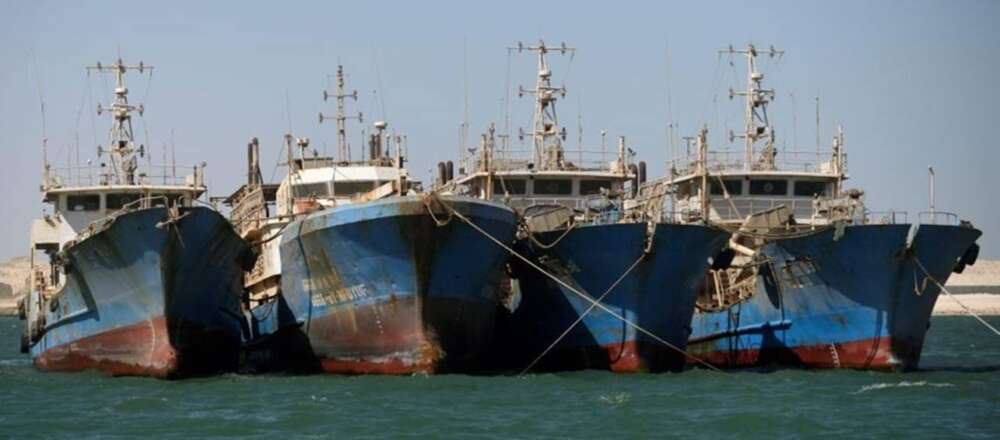Three pan-African networks, CAOPA, AFRIFISH-NET and AWFISHNET, have joined forces to stress to FAO the need to adapt the fight against IUU fishing to the specific characteristics of small-scale fishing.
The joint statement presented to FAO Sub-Committee on Fisheries Management on 16 January 2024 by CAOPA, AFRIFISH-NET and AWFISHNET highlights the continuing threat of illegal fishing to the future of Africa’s small-scale fisheries. The three networks share the FAO’s view that combating illegal, unreported and unregulated (IUU) fishing in all its forms is crucial to ensuring the sustainable management of marine resources.
“IUU fishing, in particular incursions by vessels using destructive gear in coastal areas, remains a major challenge for African small-scale fishing. These practices are directly linked to overfishing, posing a significant risk to the food security of fishing-dependent communities“, they stressed.
The declaration highlights the current shortcomings in the fight against these incursions, highlighting participatory surveillance as a promising solution. However, fishermen point to challenges associated with participatory monitoring, such as a lack of logistical, administrative and financial support, as well as considerable personal risk associated with their efforts to defend local fishing grounds.
To remedy these problems, the signatories invite FAO to facilitate a discussion between its members, small-scale fishermen and civil society to develop effective participatory monitoring.
The networks also stress the importance of devising solutions tailored to the specific socio-economic and cultural contexts of small-scale fishermen. Acknowledging the informal and traditional management that prevails in many small-scale fisheries, they warn against criminalizing traditional behavior in the absence of adequate consultation with fishermen when new regulations affecting them are drawn up.
The solution to this problem of criminalizing fishermen depends in their participation in management, including the introduction of mechanisms to combat IUU fishing within small-scale fishing. Fishermen themselves can contribute to this fight against IUU fishing, by using inexpensive digital technologies on their canoes and at landing sites, for example, to record their catches and thus avoid their fishing being considered undocumented’.
This joint declaration echoes the call for action by small-scale fisheries in Africa. The collaboration between the pan-African networks and FAO represents a glimmer of hope for sustainable solutions, recognizing the crucial role of fishermen in preserving marine resources. The implementation of concrete measures and the recognition of traditional practices are essential to guarantee the sustainability of fishing-dependent communities and ensure robust food security.


